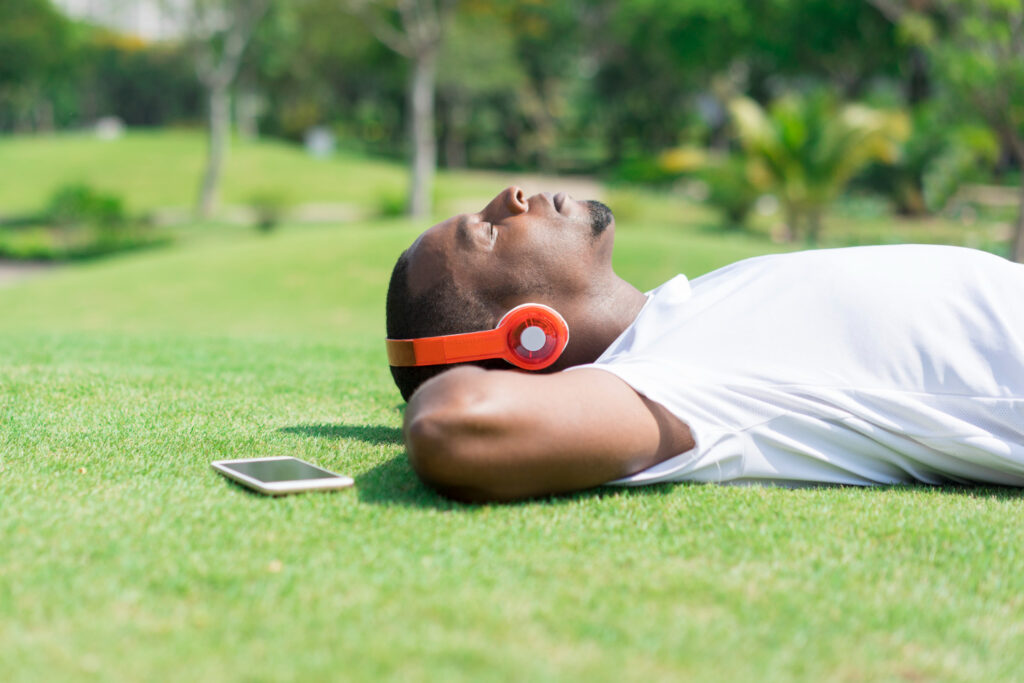Mental Health: 3 tips to relax your mind and body
Positive mental health requires a calm mind and body. But it can be difficult to achieve this when you’re angry, anxious, or stressed. Luckily, there are many techniques to help you calm down. From deep breathing to muscle relaxation, these methods will help you relax both mentally and physically.
How to calm the body for positive mental health
If you experience feelings of stress or anxiety regularly, it’s best to talk with a healthcare professional. They can help you achieve lasting results.
However, if you find yourself having an anxious moment, some of these techniques can help.
1. Going for a walk
There are many benefits of exercise for your physical health. But more importantly, moving your body is a way to calm down. A 2019 study revealed that while regular exercise has a positive impact on stress reduction, acute exercise can relieve stress as well.
If a long or strenuous workout isn’t possible, a 10-minute walk is also beneficial for stress relief.
2. Muscle relaxation
Stress can cause muscles to tense, sometimes leading to discomfort or pain. These tense muscles tell the body that you’re stressed, creating a stress cycle. Muscle relaxation can stop this cycle by relieving muscle tension and overall anxiety. It may even help you to fall asleep more easily. Progressive muscle relaxation is a technique used for this purpose.
3. Yoga for mental health
Yoga helps mind and body fitness. It combines muscular activity and mindful focus through awareness of the self, the breath, and energy.
A 2011 review indicated that yoga lowers breathing and heart rates, decreases blood pressure, lowers cortisol (hormones associated with stress) levels, and increases blood flow to the intestines and vital organs. Practicing some yoga helps calm the body and mind.
How to relax the mind for positive mental health
Activities that help calm the mind can be done anytime and as part of a long-term treatment plan for managing stress and anxiety. They include the following:
1. Deep breaths
We all breathe, but how we breathe is important. When we feel anxious, it can feel like we are short of breath as our breathing can become quicker and shallower. Diaphragmatic breathing (or deep breathing) can slow down breathing and maximize the number of blood gases.
Start with 5 to 10 minutes about three to four times per day, gradually increasing the time of each session as it becomes more natural to you.
2. Mindful meditation
Some studies suggest meditation may help several conditions, including anxiety, depression, and insomnia.
Meditation is used to:
- Increase calmness and physical relaxation
- Improve psychological balance
- Enhance the overall health and well-being
Mindfulness often goes along with meditation. Mindfulness can help you:
- With your focus and awareness
- Focus your mind on the immediate
- Learn to calm your mind and body
While practicing mindfulness and meditating can help you calm down at the moment, regularly practicing it can provide lasting help with anxiety.
3. Guided imagery
As with other relaxation practices, guided imagery can help evoke a calming response. Guided imagery evokes a sensory experience. It’s usually combined with breathing techniques. The relaxation response it gives is a state of deep rest that helps counteract the stress response (“fight or flight”).

